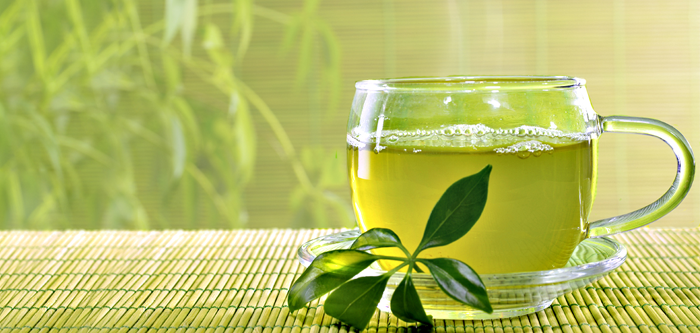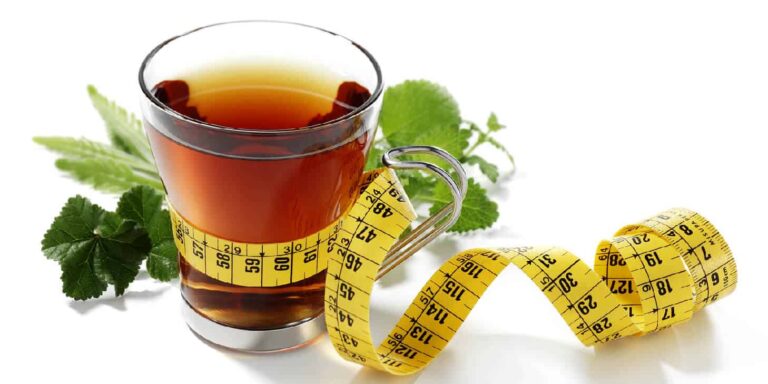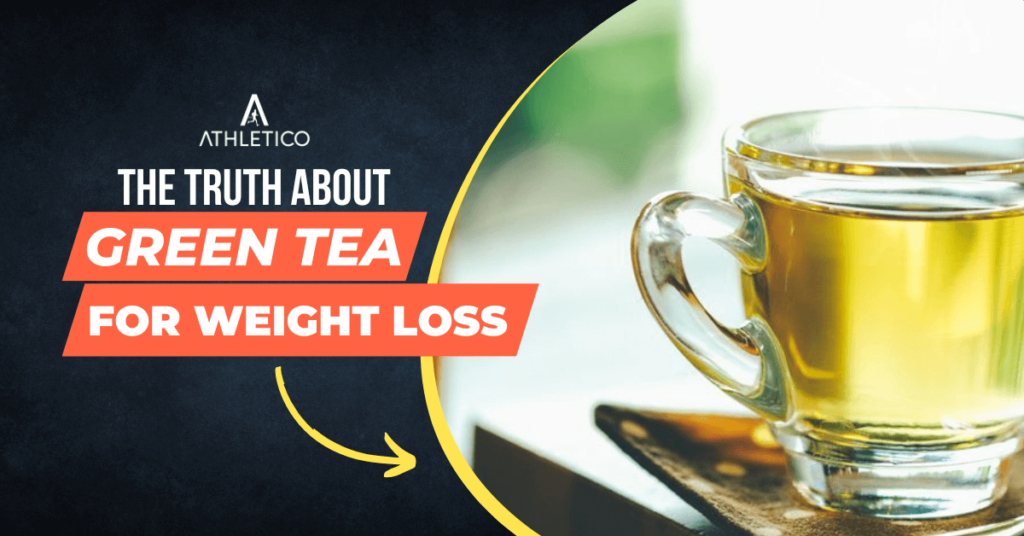Green tea boosts your metabolism, increases your caloric burn, and lowers your stomach fat, making it a must-have on any weight-loss journey. FitTea is a blend of green tea leaves, rooibos, and Oolong Wuyi, all of which are known for their weight loss benefits, as well as ginger, pomegranate, and Garcinia Cambogia, all superstar ingredients that burn calories and burn fat. Sencha green tea leaves are grown under the sun to boost phytonutrient concentrations and provide a delightfully smooth taste and sweet fragrance, making FitTea one of the most delicious, healthiest green tea options you can find.
Table of Contents
Toggle
Green tea has been shown in studies to contain an amazing compound called EGCG, or Epigallocatechin Gallate, which is such a potent polyphenol that in labs, it has been shown to stop cancer growth. The amazing compound called EGCG Tumor Growth. Epigallocatechin Gallate (EGCG), the most abundant catechin in green tea, may boost metabolism and help boost the effects of certain fat-burning hormones, like norepinephrine. Epigallocatechin gallate (EGCG) may also cause individuals to eat fewer calories, acting as a natural appetite suppressant, which helps with weight loss. The major antioxidant in tea, EGCG, may help suppress the enzyme that breaks down the hormone norepinephrine.
Green tea is packed with nutrients and antioxidants that can increase fat burning, aid in weight loss, and improve your health in a variety of ways. It is important to realize that just drinking green tea will not make it easier for you to lose weight, but a certain amount of exercise and healthy eating along with cups of green tea need to be considered. There is no strict rule about how much green tea one should consume to achieve weight loss or any other health benefits, but the majority of studies looking into the effects of green tea looked at individuals drinking at least 3 cups, or even as many as 5 cups, a day.
Interesting facts from various studies
In one recent 12-week study, participants who drank 4-5 cups of green tea per day, combined with a jogging workout, lost more stomach fat and overall body fat, while increasing lean mass, than those who did not drink the tea.
A 2010 study published in the Journal of Human Nutrition and Dietetics using decaffeinated green tea found a small, but not significant, decrease in body weight about 2.5 pounds in six months associated with decaffeinated green tea consumption.
Another study, published in 2008 in the journal Physiology & Behavior, noted that those drinking green tea lost approximately 7 pounds more than those drinking a placebo during a 12-week trial, due to the combination of enhanced fat burning and increased metabolism brought about by the green tea.
An eight-week study determined that catechins from green tea increased fat burning, whether in the context of exercise or at rest. An older study found that, in people who regularly ate and exercised for 180 minutes per week, those who consumed a drink that contained catechins, the most biologically active compounds in green tea, had greater percent changes in abdominal fat (belly fat) compared to people who received a beverage without catechins.
One study found that men drinking green tea with 136 milligrams of EGCG lost double the amount of weight as the placebo group, with up to four times more stomach fat, over three months. In earlier studies on humans, authors have shown that drinking green tea increases thermogenesis, along with energy expenditure and fat loss, in healthy men, suggesting that drinking green tea, either as a liquid or as a capsule, could be an effective method to help with weight loss. Studies have shown that having two cups of green tea a day improved body composition and helped lower body fat (2-3 cups per day should be sufficient to help with weight loss).

If you substitute a sugary beverage with green tea, then over time, you will reduce the number of calories by a considerable amount, which may contribute to weight loss. Just as combining catechins and caffeine causes increased weight-loss benefits, the combination of drinking green tea and exercising can produce even more beneficial effects than you would expect. Choose a green tea that contains caffeine, as other studies have shown that, for weight loss, catechins and caffeine work together to help accelerate metabolism.
Among others, a substance called catechins, combined with caffeine, is thought to help encourage the breakdown of fat, boost the fat oxidation in medium-intensity exercise, and boost the metabolism, which causes more calories to be burned. The huge array of antioxidants known as catechins helps to burn fat and increase your metabolism, which is crucial for losing weight.
Researchers found tea catechins helps to burn belly fat and may detoxify your body from harmful chemicals that raise your risk for weight-related diseases.
A new study in the March issue of The International Journal of Obesity concluded that green tea extract increases burning of calories and fat, which is necessary to lose weight. Increased Fat Burning, particularly when exercised if you take a look at the labels for just about any commercial weight loss and fat burner, chances are good you will see green tea listed as an ingredient. Overall, the main effect of green tea is an increased caloric expenditure, which makes you burn more fat – but it does not seem to have a discernible impact on how much you end up eating throughout the day. Adding green tea to your diet can, at a minimum, give you some nice health benefits, and it definitely cannot hurt your weight-loss efforts (as long as you are not loading it with added things like honey or cream!).


Pingback: Reducing Cancer Risk in Men Through Running - Athletico - The Global Running Community